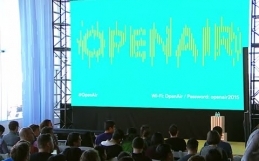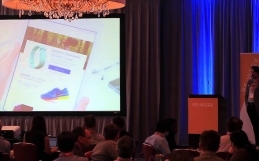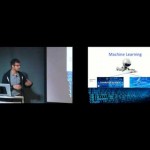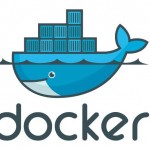If you need a bit of guidance with knowing how to get your machine learning project off the ground and who to hire, this talk might give some pointers. Facebook Engineering Manager Ewa Dominowska presented at the Seattle iteration of MLConf giving insight into how to go about building effective teams in an era where the appetite for unravelling large pools of unstructured data to solve problems through machine learning is huge.
Hiring is entirely dependent on the nature of the problem but Dominowska explains how the complexity of the domain presents a much broader spread of skills that might normally be expected from an engineering hire, “My observation right now is that even the companies that provide these machine learning systems that hopefully solve most problems still use a lot of Engineers within their company as part of the machine learning group. When you are building such a group you actually want a diverse set of skill sets and you want experts in the specific set of skills.”
Dominowska says that whilst domain expertise is useful, it is not critical in the area of data science, rather engineering experience is more important as this gives a good guide as to what you are going to get in future, specifically people who can effectively put together solutions to problems.
Another question is whether to hire from academia or industry, the rule of thumb here seems to be budgetary and planning where a start-up may benefit more from someone with the industry experience and the larger companies can afford to tuck deep into their pockets to nurture people out of academia to become commercial machine learning experts.
The trajectory of a project can be largely dictated by who is nominated as a Lead, and does not necessarily mean success is guaranteed if a Senior Researcher, for example, is chosen, “what happens is that person focusses on their research the don’t necessarily care about the domain, they want to further the research, they don’t know what matters for the people who are on the team in terms of management, so over time those teams are either miserable, people leave the team or the teams exist and don’t deliver impact for the product.”
In Dominowska’s experience the best Leads are those with a good cross-section of engineering skills and motivational and managerial skills. This means being able to provide intellectually challenging work, giving autonomy for that work, allowing people to feel they are mastering their domain and being recognised through publishing or presenting at conferences.
To make sure people do not fall off the curve, modelling problems with features before solving the problem is also extremely important and Dominowska also delves into how workflow is approached from a functional perspective with assumptions and evaluations.






